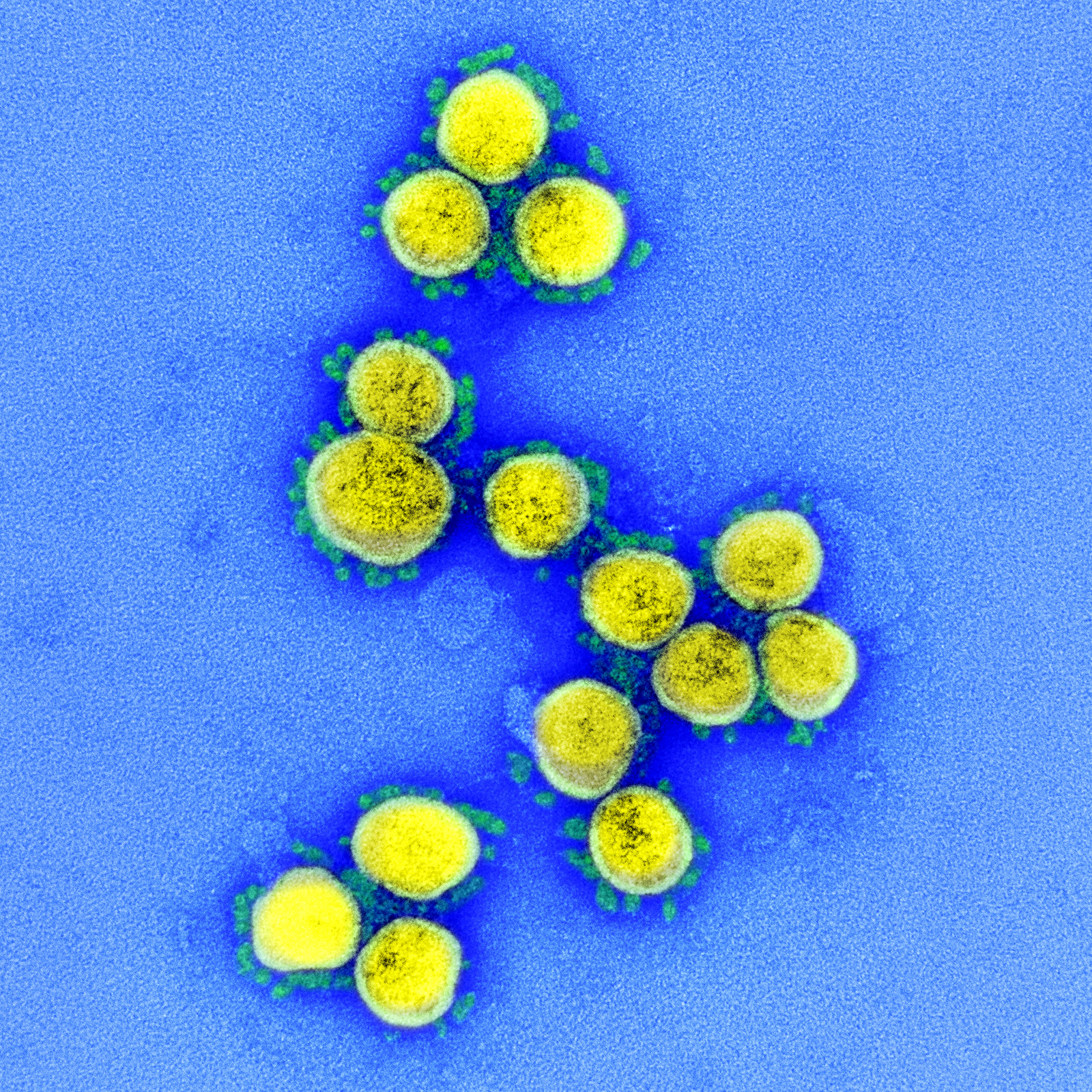Risk of brain clots higher with COVID than vaccine, study suggests

A study has suggested that the risk of getting a serious brain clot is eight to 10 times higher in people with COVID-19 than those who get a vaccine.
There are some big caveats with the research from Oxford University – it was based on data from people in the US who had received either a Pfizer or Moderna vaccine – but the team said findings could reassure people about the safety of vaccines.
The study follows investigations into potential links with the AstraZeneca vaccine and rare blood clots.
Research looked at the health records of 81 million people in the US, recording the number of CVST cases seen in the two weeks following a diagnosis of coronavirus and the number of cases occurring in the two weeks after people had their first COVID-19 vaccine.
The blood clots known as cerebral venous sinus thrombosis (CVST) are uncommon after COVID, occurring with 39 people in every million within two weeks of diagnosis.
But the researchers concluded they are still rarer after a vaccine.
Researchers cautioned that the research is still a work in progress and added that it is still difficult to calculate how common CVSTs are in the general population.
The authors were quick to point out that the findings do not apply to the AstraZeneca vaccine that has been at the centre of a safety crisis in recent weeks, with regulators limiting their use in younger people and Denmark pulling the vaccine completely this week.
However the European Medicines Agency has estimated separately that a type of CVST occurs in around five in a million people after the first dose of the AZ/Oxford University vaccine.
Professor Beverley Hunt, of Thrombosis UK and was not involved in the research, told the BBC that the mechanisms behind people getting the clots after COVID-19 were likely different to those experiencing clots after receiving vaccines.
She said: "Patients who are hospitalised with Covid-19 have very pro-thrombotic changes in their blood, which persist after they have been discharged. This will lead to an increased rate of blood clots.
"The mechanism for the very rare blood clots and low platelet counts seen after the AstraZeneca vaccine is different. It is associated with an immune response."
Feature image courtesy of Rocky Mountain Laboratories/NIH













